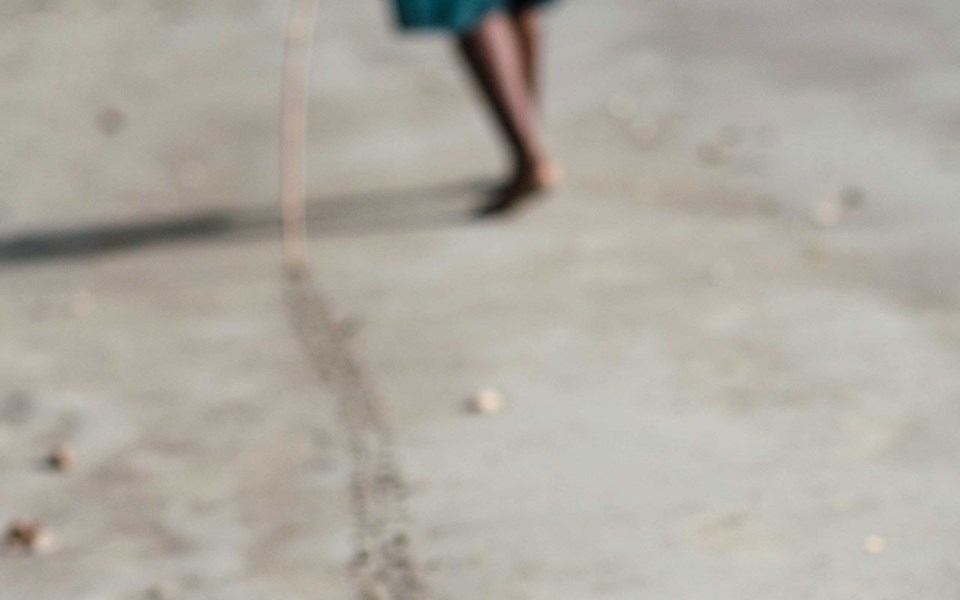Over the past few weeks, there have been enough lines drawn in the sand to make beach volleyball courts on every waterfront the world over.
As governments have scrambled to handle not only the medical realities but also the financial and social fallouts of the COVID-19 pandemic, there's been a constant din of folks digging in deeply on one side or the other of each targeted response.
It's a good thing we have those metaphorical volleyball courts now, since the discourse feels like an interminable match of bumps, sets and spikes.
The essential question at the root is simple: how much can we ask of others?
Of course, it's a central question—if not the central question—of how individuals will define a functioning society, but we really only seem to ask it in those few weeks around election time when we're promised X services in exchange for Y tax dollars. Who'd have ever thought it's something we'd be grappling with on a larger scale for a longer term with constantly changing information?
Here's a ping-ponging sample:
• Of course we should do everything we can to minimize the death toll.
• But it shuts down the economy and far more people are directly affected by lost revenue, layoffs, wage cuts and other financial hits.
• But the government is acting on the fly to provide help to several sectors.
• But that bill's going to come due some day. Besides, we've never spent this kind of money on other issues that kill more people, though perhaps more slowly.
• But there have long been arguments that those issues should have received more funding in the past, too.
• But have you seen the money we're already spending?
And so it goes. There's the push and pull, perhaps, of emotional versus rational. In the big picture, no option satisfies every challenge, and it's pretty difficult to pin down exactly what the least harmful one is. On the other hand, unsavoury though it may be to place a dollar limit on saving lives, we'd be kidding ourselves to act as though it's something new.
Of course, the financial aspect is just a single thread in this terrible tapestry that will exist after the virus is brought under control, whenever that may be; other considerations include mitigating the mental-health effects of sheltering in place, ensuring access to healthcare for those with other ailments, and establishing proper education for young people who can't meet in person at this time.
The natural follow-up question after "how much can we ask?" is "from whom?" as not all roles are created equal. Of course, in times like these, government needs to give back more than it asks of its people—and right now, it's asking a lot.
But what about what we can ask, individual to individual?
Everyone, to one degree or another, is bearing some of the burden and it certainly seems that not many people are being honest about that proportional effect. (See in one corner the frontline workers almost certainly underplaying the weight on their shoulders as they suck it up and face their fears every time they report for duty ... and the terrifyingly crowded masses screeching their demands for haircuts in the other.)
It needs to be stressed that nothing about this situation is fair. The obvious platitude is to ensure that those who didn't have a lot to begin with should lose the least, but that ignores the reality that, generally, those who have the most also possess the means to ensure that they keep the most.
One common argument for asking a lot of anyone from medical staff to pro athletes is "This is what they signed up for!" While doctors, nurses and everyone else in our hospitals could expect something like this to happen at some point in their careers, there was an implicit understanding that they'd be working in the safest possible conditions, which, judging by personal protective equipment shortages, is not happening.
Even our multimillionaire entertainers are people too, and reassembling sports teams in "hub cities" away from their families to play in empty stadiums for an entire season, as has been proposed, feels like a bit of an icky ask since it's purely as a salve for our collective boredom.
No situation is the same, nor is any individual's means of coping with that specific situation. At a base, as long as we respect the safety and wellness of others (and this caveat that the "be kind" memes omit is far from a given), we can ask for that in return.




